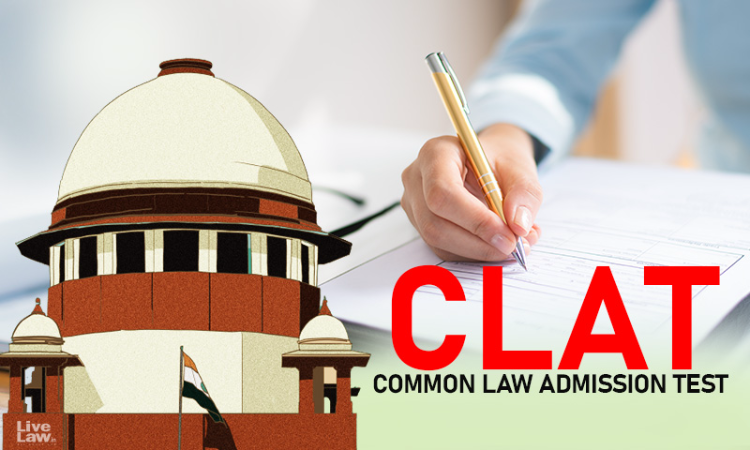Supreme Court Allows Scribe For 100 Percent Blind Law Graduate To Attend CLAT-PG Exam
Gursimran Kaur Bakshi
26 Nov 2024 2:52 PM IST

Next Story
26 Nov 2024 2:52 PM IST
The Supreme Court on November 25 allowed a 100 percent blind law student to avail the assistance of a scribe, as appointed by the Consortium of the National Law Universities, to appear for the Common Law Entrance Test (CLAT)- Postgraduate exam 2024-25 scheduled on December 1. A bench of Justices Surya Kant and Ujjal Bhuyan heard a writ petition filed by three petitioners advocating for...
